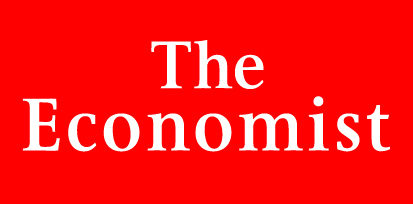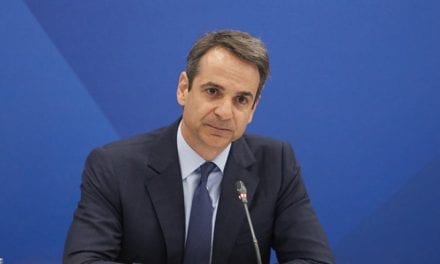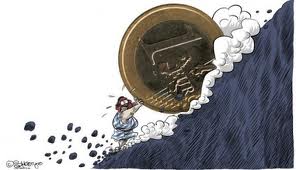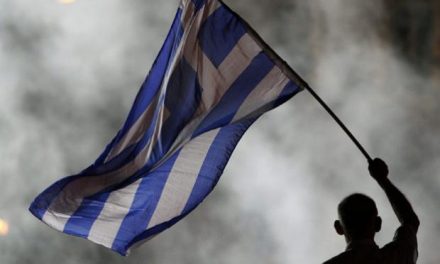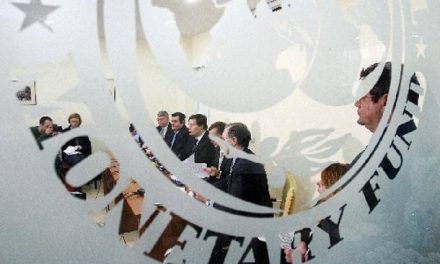The game of brinkmanship continues to the very end
THE pattern has become familiar: a late-night austerity vote in the Greek parliament, a riot in the square outside. This time, the violence went further, as gangs of hooded youths set ablaze almost 50 buildings in the city’s historic centre. Several Athenian landmarks, including a 19th century mansion, now a popular cinema, were gutted. Shops selling luxury goods were looted. The smell of tear gas and soot lingered for days.
Greeks have grown used to street protests after consecutive years of economic decline, but they were still shocked by the damage on the night of February 12th. Criminals, not leftists, were to blame, some victims claimed. George Stergiakis, another cinema owner, said his property was firebombed after he refused a demand for protection money. Whoever was responsible, the arson attacks have reinforced fears that, as the economy deteriorates, social disruption will continue.
Greek GDP shrank by almost 7% in 2011. It will fall again this year, by at least another 4%, according to the troika—the European Commission, the European Central Bank and the IMF—in charge of Greece’s bail-out. Greek politicians say they are determined to do better. The uneasy coalition between the socialists of Pasok and the conservatives from New Democracy (Laos, a small right-wing party has pulled out) under Lucas Papademos, a former central banker, has accepted €3.3 billion ($4.3 billion) in spending cuts. The next step is to sign up to a new three-year reform programme in return for a fresh €130 billion bail-out, which, with a big debt restructuring, is meant to avert a disorderly default next month.
The latest measures are tougher than their predecessors. Revenue-raising plans were dashed by the depth of the recession, and by the finance ministry’s failure to crack down on corrupt tax officials. Instead, wages and pensions are to be cut. So is spending on defence, health and local government, where officials had turned a blind eye to budget overruns. The troika’s critics say these cuts will only increase the Greeks’ misery. They claim that a 22% reduction in the minimum wage, aimed at boosting competitiveness, will shrink the economy by another 1.5% this year as cash-strapped workers consume less.
Yet the politicians have set aside their populist instincts to follow their creditors’ instructions. Parliament approved the austerity measures by a two-thirds majority (though 22 socialist and 21 conservative lawmakers voted against, and lost their party whips). Then George Papandreou, the former Pasok prime minister, and Antonis Samaras, New Democracy’s leader, both sent letters to the troika pledging to implement the new programme no matter who wins the election expected in April.
There was relief when Mr Samaras, who had opposed previous reforms, made his letter public. If New Democracy wins the election, he wants “modifications” (meaning extra spending aimed at promoting recovery). But he insists these would be made only in agreement with the troika. Opinion polls give the conservatives a strong lead, though it may be waning and is not enough to win an outright majority. Pasok is picking up support following the emergence of Evangelos Venizelos, the finance minister, as the likely next leader (Mr Papandreou will stand down). There is talk of a conservative-socialist coalition being formed after the election, which could provide enough stability for Greece to keep reforming.
Yet the euro group of finance ministers is not convinced. It delayed approving the austerity package, and not just because Mr Venizelos at first failed to give details of an extra €325m of cuts. The group will probably say yes on February 20th, but there is talk of holding back some bail-out money until after the election or of offering a bridging loan. The German, Dutch and Finnish finance ministers are impatient with Greece’s poor record of reform. North Europeans suspect that Mr Samaras will be tempted to give up on austerity.
To make the reforms stick, Wolfgang Schäuble, the German finance minister, even suggested postponing the election and setting up a small technocratic cabinet like Italy’s to run Greece for the next two years. Greeks are growing increasingly resentful at what they deem to be German high-handedness. The Greek president, Karolos Papoulias, demanded, “Who is Mr Schäuble to revile Greece? Who are the Dutch? Who are the Finns?” A protester sprayed the central bank to make the Bank of Greece sign read Bank of “Berlin”. But the cross mood also reflects mounting fears of a possible “Grexit”, or Greek departure from the euro.

